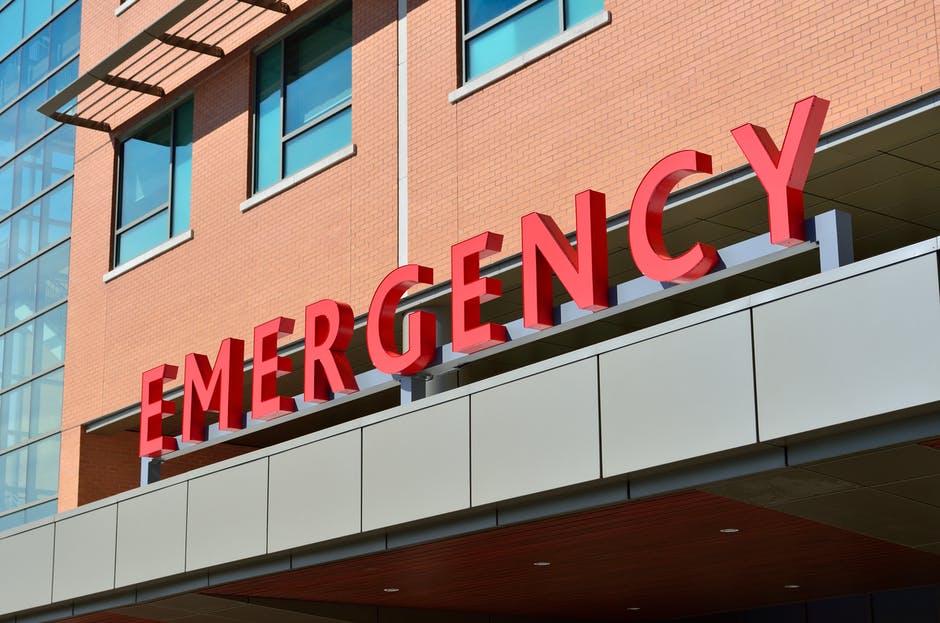Do not hesitate to call 911.
According to a study at the University of Buffalo, calls for emergency medical services (EMS) have dropped by 26% since March 2020. But while there are fewer 911 calls, the deaths in emergencies attended by EMS have doubled.
This means that people are only calling an emergency dispatcher for severe emergencies. However, it’s important to call 911 even if you suspect that something serious is happening. Don’t think twice about calling 911 if someone’s health is in jeopardy or if a crime is in progress.
That being said, when you hear the words “911, what’s your emergency?” how do you respond?
How you answer the person on the other line can affect how fast they can attend to your situation. Here are some tips on how to talk to 911 dispatch so they can send you the help you need promptly.
Try to Remain Calm
First, take a deep breath and gather your thoughts. It’s hard to do so under duress, but according to this page, you’re already doing something right. The first step following an accident or any emergency is to call 911.
Once you’re speaking to 911 emergency services, all you have to do is listen, speak clearly, and answer questions to the best of your ability.
Know Your Location and Share It When Asked
The majority of 911 calls are made from cell phones. This means that emergency calls are subject to common cellular call issues such as caller-ID confusion, drops, and outages. Cell phone calls are also more difficult to track compared to landlines.
Your location is arguably the most important detail that you have to communicate with the dispatcher. Know where you are at all times and provide details like street address and landmarks.
Clearly State Your Emergency
Tell the 911 dispatcher what kind of responder you need (police, fire department, or ambulance). Describe the emergency as simply as possible. For example, you might say, “my house is on fire!” or “a man is having a heart attack!”.
By getting straight to the point, the operator can ask follow-up questions relevant to the situation. They may ask about the victim’s condition, the people involved, and if you’re safe or still in danger.
Follow the Instructions of the Emergency Dispatcher
Don’t hang up until the dispatcher tells you that it’s okay to do so. They may give you instructions on what to do next. Listen closely because following their direction may be the difference between life or death.
One of the things that they may ask you to do is to administer first aid. Try not to worry because they will guide you through it every step of the way. They might ask you to begin CPR, apply pressure on any bleeding, or perform the Heimlich maneuver on someone choking.
Follow all instructions while waiting for the first responders to arrive.
These 911 Call Tips Can Save a Life
Emergencies can happen anywhere and at any time. Knowing how to communicate with the emergency dispatcher is key to this critical moment. Remember to keep calm, answer questions as best as you can, and follow the instructions given to you.
For more articles about lifestyle, business, and traveling, browse the rest of our site.







